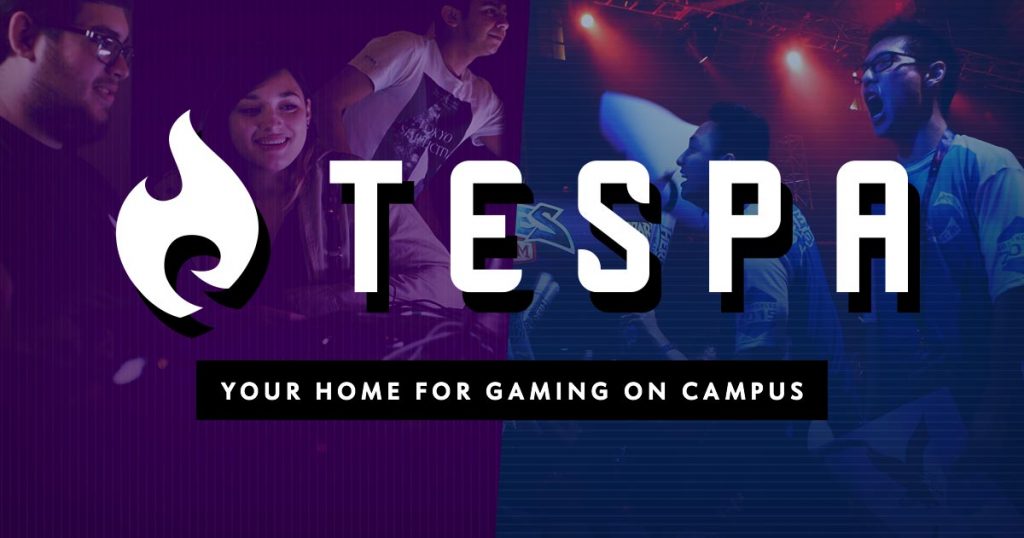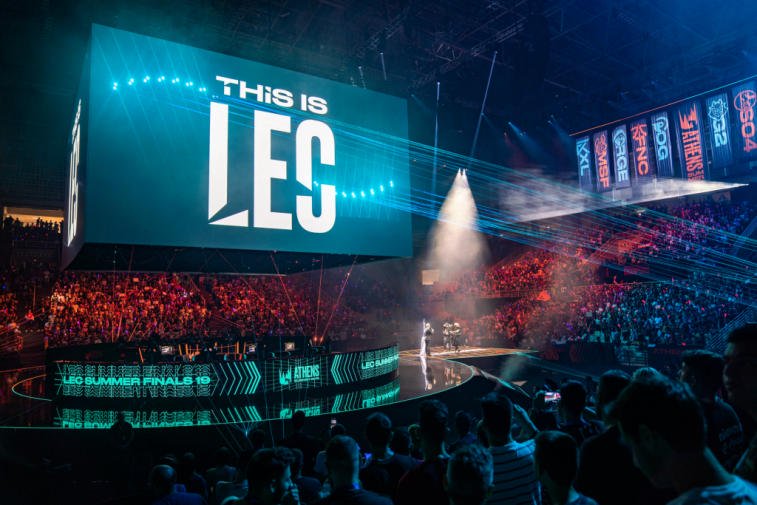A term whichis becoming more popular within the esports industry is that of ‘collegiate esports’ and its relation to frameworks of national and international competition. In this episode of Understanding the Industry, we’ll be taking a closer look at fully contemplating what exactly college esports is all about, including its uncapped potential and necessity within the industry as it moves forward.
‘College esports’ is a term coined in the United States back in 2009 and refers to esports competition being officially supported as a career by tertiary education providers. To fully grasp the topic, we’ll have to first glance at the traditional counter-part of college sports. The sports industry in the U.S.A is astronomical in its scale, with the NBA, NFL, and other leagues gaining a massive grasp on an international level too.
The clubs within these leagues often build their rosters with new talent scouted from the youth as early as college years. Young athletes may even earn scholarships to compete in college sports to eventually be scouted and find their home – this is the recommended route when pursuing a career in sports in this regard.
College esports looks to offer the same utility in the exact same way as outlined above. However, college sports is still quite young and continues to pick up the pace. Stringing together colleges within leagues will then further increase this effect. Since its conception through the introduction of the very first college esports program, as of 2019:
- Over 130 college varsity programs
- Thousands of schools participating
For those unaware, a ‘varsity’ program is simply a synonym to a university program.
The esports industry has oftentimes resorted to replicated traditional sports techniques in order to garner growth as seen through the franchising model utilized by multiple leagues, and college esports is no exception.
College esports is at a turning point of growth – arenas are being constructed across multiple campuses, first-party esports title publishers are forming frameworks targeted for collegiate esports while the idea is pulling for further national backing and support.
Where is the potential here?
The potential with collegiate esports is the formation of numerous national esports leagues in the U.S.A which will eventually result in other countries following suite inevitably. Through the incredible haul of young talent, collegiate esports can offer, once spread across the entire world, will result in both growths and arguably in equal importance, the international acceptance of the esports industry.
For now, the very start seems to be in the U.S.A. Other countries offer certain degrees and courses for the esports industry, but not quite the same level of varsity esports.
The following are a few structures present in college esports, determined to nurture its growth:
- Collegiate Starleague – the CSL was the very first intercollegiate gaming organization ever, has now expanded into 15 competitive titles, 1,800 colleges, and university resulting in a whopping activity level of over 55,000 competitors.
- National Association of Collegiate Esports – a national organization built to ensure the support of scholarships and every single esport possible within the U.S
- Unified Collegiate Esports Association – built to support all students pursuing a career in esports and to unify all colleges under one name
- Electronic Gaming Federation – similar to the two above but with a greater focus on lower-tier competitions
Besides many other nationally supported frameworks, esports developers such as Riot, Ubisoft and Blizzard have already invested in structures of their own:

- Tespa – owned by Blizzard Entertainment, competitions are hosted at the Collegiate Esports Championship after a season of competition for the titles of Overwatch, Hearthstone, Heroes of the Storm, and Starcraft II with more than 500 schools involved.
- Riot Games Collegiate League of Legends – supporting primarily League of Legends, Riot offers a similar structure and multiple partners to organize collegiate esports ever since 2011. The governing body is named the Riot Scholastic Association of America.
- Tom Clancy’s Rainbow Six Siege Collegiate Esports League – announced by Ubisoft this week, on the 20th July, as one of the many planned leagues for Ubisoft Collegiate Esports, it’ll be putting $300,000 on the line exclusively for collegiate esports starting with next year.
Besides game developers, renowned third-party esports events organizers such as DreamHack and FACEIT have also partnered with many of the aforementioned leagues.
This extensive network plans to continue nurturing young esports talent for years to come which is why collegiate esports has so much potential – and it’s only the beginning! Once it takes off in the U.S to a higher level, many countries will join and this will boost the international industry as a whole.
For now, college esports sits under the surface, ready to blow up soon, and offer esports the grass-roots support it definitely needs to further grow.
Stay tuned for more news on www.esportsguide.com/

